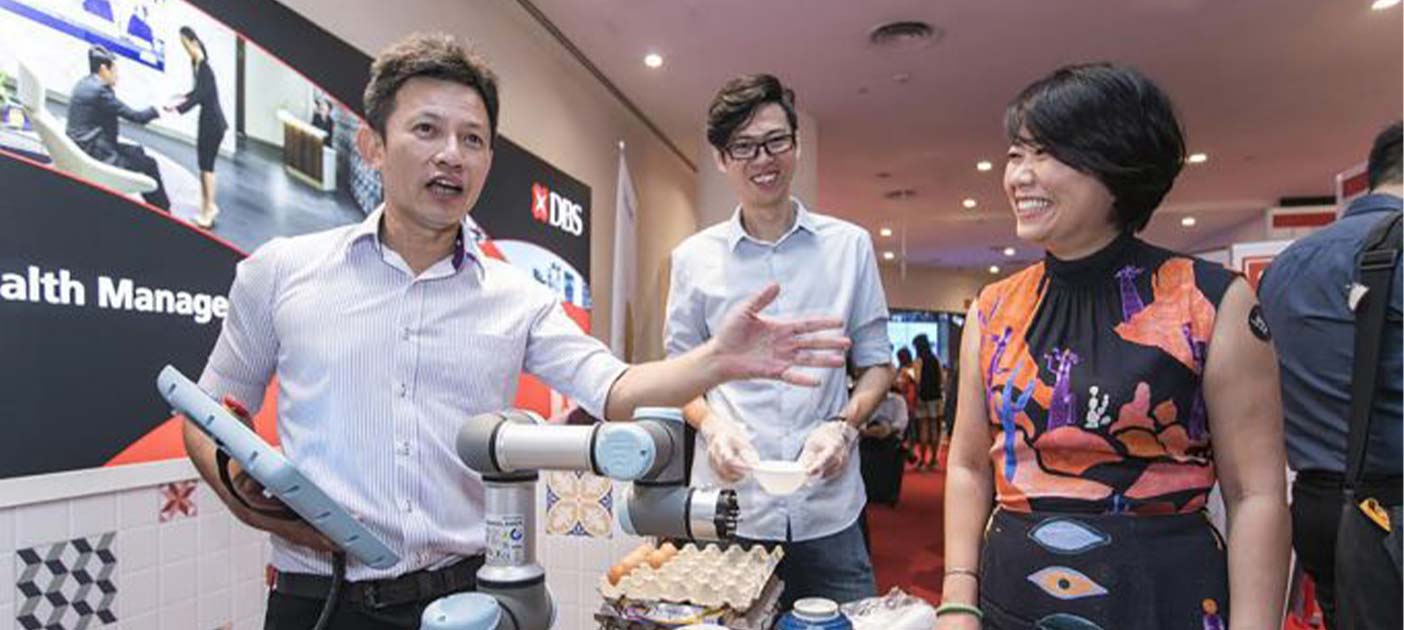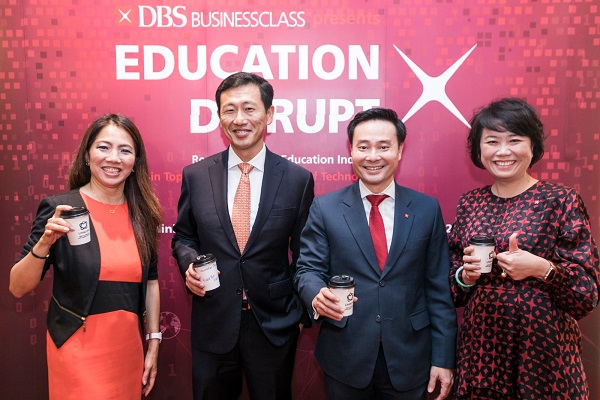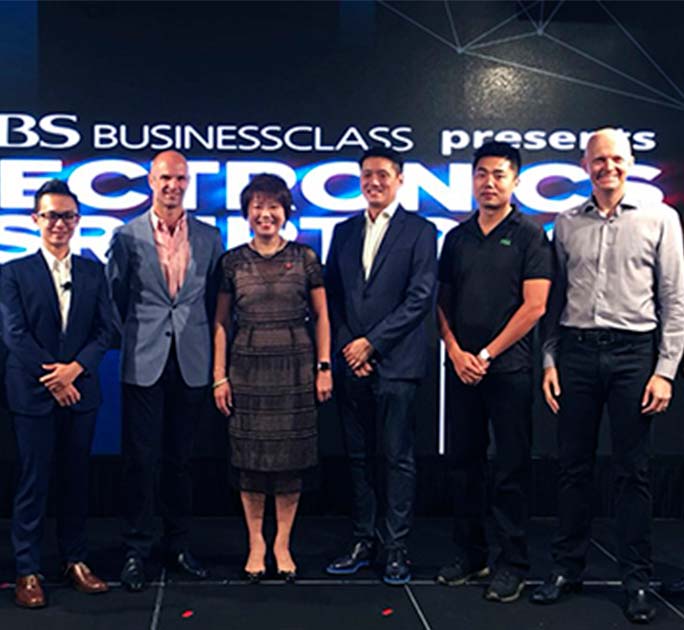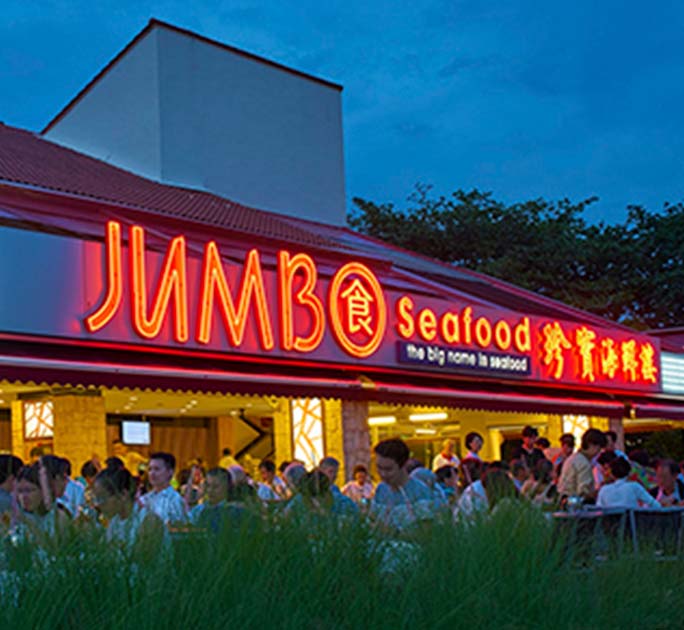Traditional F&B businesses, disruptive startups get together
DBS event addresses key trends in food and beverage sector

Source: The Business Times © Singapore Press Holdings Limited. First published on June 17, 2017
SINGAPORE – Impeccable robot-cooked omelettes, exotic vending-machine cuisines and freshly-roasted specialty coffee beans ordered online were on the menu at the second edition of DBS's flagship event "Disrupt @ the Bay" on Friday.
First launched in 2015, this year's "F&B Disrupt @ the Bay" brought together traditional business owners and disruptive startups, encouraging the cross-adoption of innovation in business models, processes and operations. Over 200 food and beverage (F&B) operators and startups participated in the event, which included two panel discussions and live demonstrations of F&B technologies.
Designed for the F&B industry, the event addressed key market trends and how businesses are leveraging technology to cope with current and upcoming challenges amid a softening market.
Valued at S$6.1 billion by Euromonitor International, the consumer F&B industry in Singapore has faced margin pressures in recent years due to the labour crunch as well as rising rental and raw material costs.
Based on Euromonitor forecasts for 2014-2018, the industry is expected to grow at a 4.4 per cent compound annual growth rate - and see a decline in margins to 5.2 per cent from the current 6.4 per cent.
"These are challenging times ahead faced by the industry, but as a bank and our customers' business partner, we want to encourage SMEs to stay positive, embrace technology and innovation, and grow new sources of revenue," said Joyce Tee, regional head of SME banking at DBS Bank. These are crucial for success in the future, she said.
This year's event featured 12 exhibitors, highlighting a diverse range of "disruptive", technology-driven solution providers, such as Xero, FoodRazor, EASI, TabSquare and Kurve Automation.
Kurve Automation, an industrial design automation house, displayed its omelette- making robot - an innovative answer to some of today's critical business problems. When juxtaposing traditional automation, such as conveyors and actuators, with new robotics, the latter is seen to be much more convenient, given how compact it is, requiring much less space than the former. In addition, robotics allows for greater flexibility and dynamism in allocation of tasks, said Kurve Automation.
Such leveraging on technological developments is also seen in the rise of ready meals, with JR Group's Chef-In-Box having installed more than 100 vending machines nationwide.
"Such forward-looking integration is not so much disruptive as it is transformational," said Jocelyn Chng, chief executive of JR Group. "The F&B industry is a very challenging one, and in today's business, technology is something we just can't ignore - it's imperative to sustainable growth and development."
Another solution provider is TabSquare, a tech firm that specialises in next- generation smart restaurant solutions. Employing end-to-end front-of-house automation, TabSquare provides more than 200 F&B clients with data-driven "smart" solutions such as menu engineering, upselling and cross-selling capabilities.
Contrary to widespread fear, the embracing of technological developments does not necessarily render human manpower obsolete.
"At Select Group, disruptive technologies do not cause chefs to lose their jobs - they are shifted to more productive roles in research and development (R&D) instead," said Vincent Tan, managing director of Select Group.
Was this information useful?
Thanks for your feedback
Subscribe to DBS BusinessClass
Stay updated with the latest market trends and industry insights, connect with a network of entrepreneurs, and gain access to exclusive event invitations. Join Asia's fastest growing business community – get your complimentary membership here.





That's great to hear. Anything you'd like to add?
We're sorry to hear that. How can we do better?